Vishal Nagarajan
SSN College of Engineering, Chennai, India
Scalable Machine Learning Architecture for Neonatal Seizure Detection on Ultra-Edge Devices
Nov 29, 2021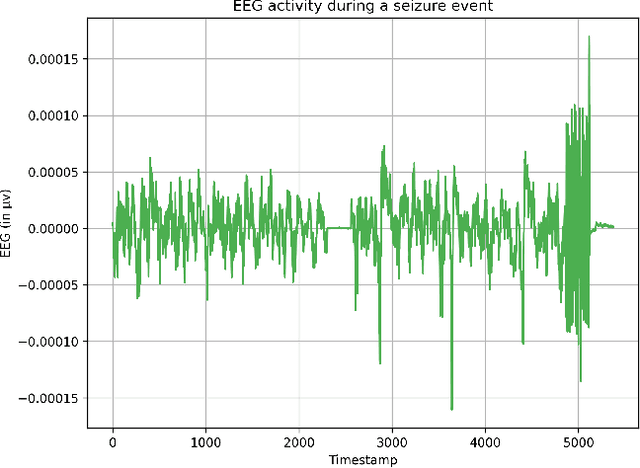
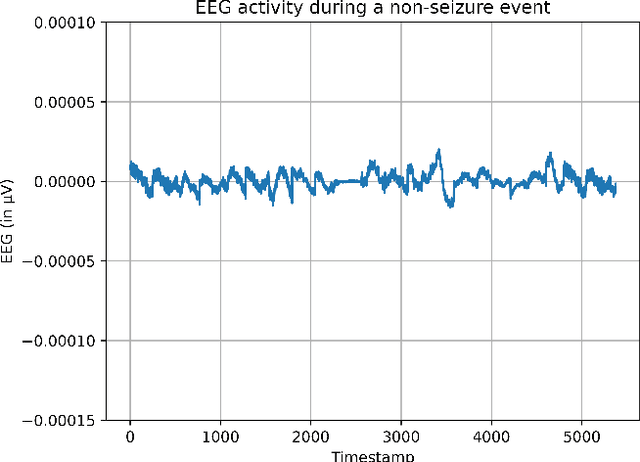

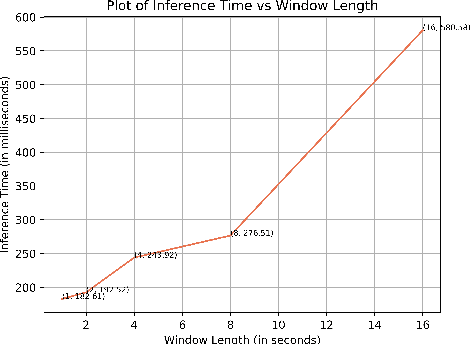
Abstract:Neonatal seizures are a commonly encountered neurological condition. They are the first clinical signs of a serious neurological disorder. Thus, rapid recognition and treatment are necessary to prevent serious fatalities. The use of electroencephalography (EEG) in the field of neurology allows precise diagnosis of several medical conditions. However, interpreting EEG signals needs the attention of highly specialized staff since the infant brain is developmentally immature during the neonatal period. Detecting seizures on time could potentially prevent the negative effects on the neurocognitive development of the infants. In recent years, neonatal seizure detection using machine learning algorithms have been gaining traction. Since there is a need for the classification of bio-signals to be computationally inexpensive in the case of seizure detection, this research presents a machine learning (ML) based architecture that operates with comparable predictive performance as previous models but with minimum level configuration. The proposed classifier was trained and tested on a public dataset of NICU seizures recorded at the Helsinki University Hospital. Our architecture achieved a best sensitivity of 87%, which is 6% more than that of the standard ML model chosen in this study. The model size of the ML classifier is optimized to just 4.84 KB with minimum prediction time of 182.61 milliseconds, thus enabling it to be deployed on wearable ultra-edge devices for quick and accurate response and obviating the need for cloud-based and other such exhaustive computational methods.
End-to-End Optimized Arrhythmia Detection Pipeline using Machine Learning for Ultra-Edge Devices
Nov 23, 2021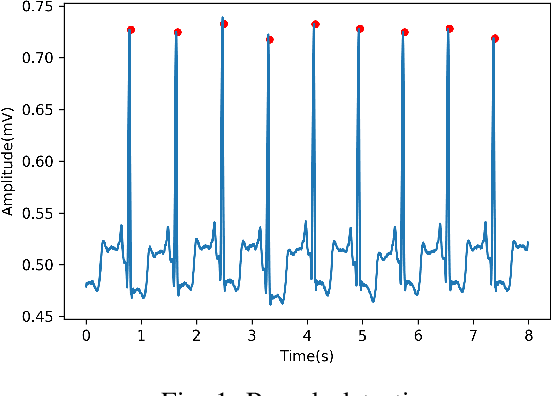
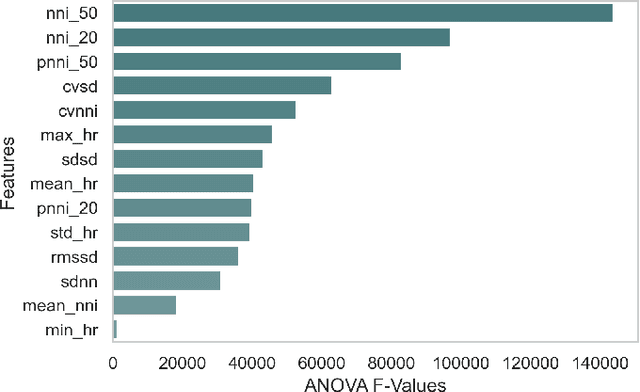
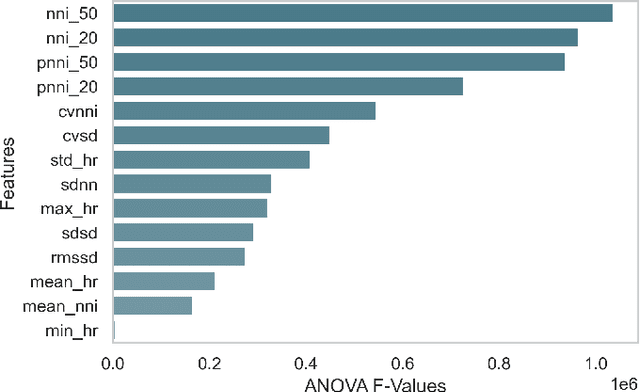

Abstract:Atrial fibrillation (AF) is the most prevalent cardiac arrhythmia worldwide, with 2% of the population affected. It is associated with an increased risk of strokes, heart failure and other heart-related complications. Monitoring at-risk individuals and detecting asymptomatic AF could result in considerable public health benefits, as individuals with asymptomatic AF could take preventive measures with lifestyle changes. With increasing affordability to wearables, personalized health care is becoming more accessible. These personalized healthcare solutions require accurate classification of bio-signals while being computationally inexpensive. By making inferences on-device, we avoid issues inherent to cloud-based systems such as latency and network connection dependency. We propose an efficient pipeline for real-time Atrial Fibrillation Detection with high accuracy that can be deployed in ultra-edge devices. The feature engineering employed in this research catered to optimizing the resource-efficient classifier used in the proposed pipeline, which was able to outperform the best performing standard ML model by $10^5\times$ in terms of memory footprint with a mere trade-off of 2% classification accuracy. We also obtain higher accuracy of approximately 6% while consuming 403$\times$ lesser memory and being 5.2$\times$ faster compared to the previous state-of-the-art (SoA) embedded implementation.
 Add to Chrome
Add to Chrome Add to Firefox
Add to Firefox Add to Edge
Add to Edge